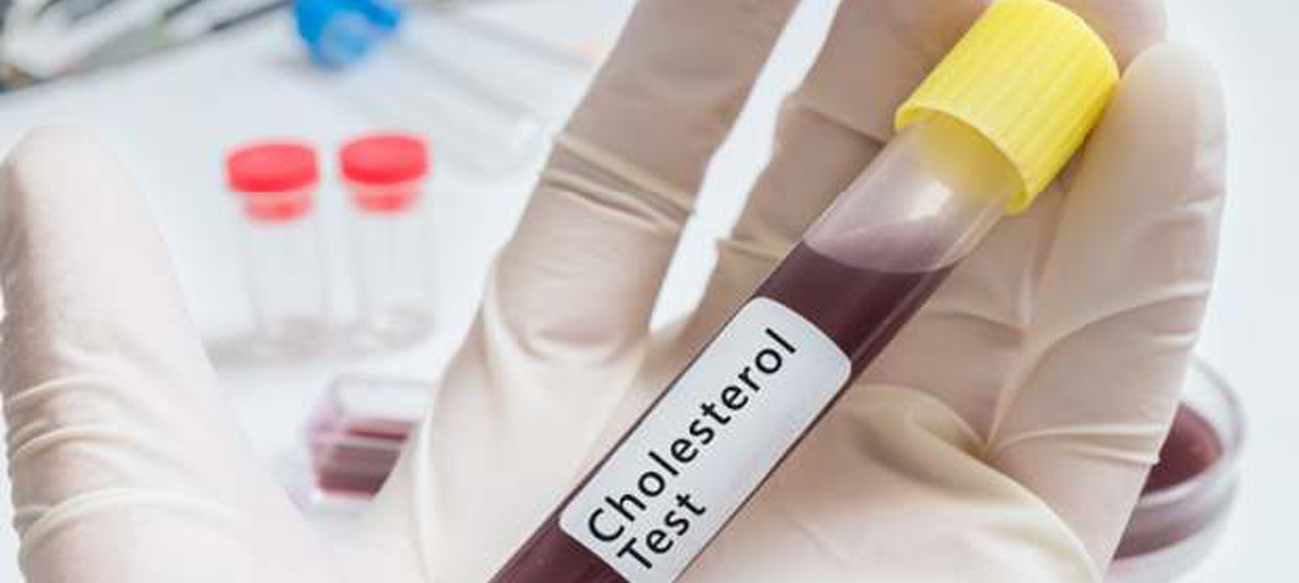Dubai Health Authority, Emirates Cardiac Society and World Heart Federation discussed the importance of regular health screening to protect against cardiovascular disease. Cardiovascular disease is the number one cause of death globally, claiming more lives than all cancers and chronic lower respiratory diseases combined. Over 30 million heart attacks and strokes occur every year. Of those who experience a heart attack or stroke, one in three will live to suffer another episode.
World-renowned experts discussed ways to prevent the further escalation of heart diseases at the World Congress of Cardiology and Cardiovascular Health, which recently took place in Dubai, UAE.
Dr Fahd Baslaib, Interventional Cardiologist and CEO of Rashid Hospital said, “The difference between our region and other places in the world in terms of heart disease is that we have a high incidence of diabetes and in the Middle East region. The average age of heart attacks is 50 to 55 years as opposed to 65 years in western countries. This is a significant difference and advocates the need for urgent lifestyle modification.”
Dr Baslaib added that a high incidence of diabetes coupled with other lifestyle related diseases is the main reason for the high prevalence of CVD’s. “We need to educate our community to regularly screen themselves so that they can prevent heart diseases. There is a close link between hypertension, high cholesterol, diabetes, tobacco use and heart attacks.”
“As part of Amgen’s long-term commitment to advancing cardiovascular health, we are raising awareness against the misperception that high cholesterol is a relatively normal and harmless part of ageing,” said Mohammed Nasser, General Manager, Amgen GCC. “The awareness drive encourages high-risk patients, such as those who have already suffered from heart attack or stroke, to speak with their doctor to help reduce their LDL-C. We know the prevalence of heart attack and stroke is projected to rise. Ongoing monitoring and evaluation of LDL-C levels helps us identify patients who may need additional treatments to lower their high cholesterol.”
Professor Abdullah Shehab, Consultant cardiologist, Professor of Medicine and President of Emirates Cardiac Society, said, “This campaign offers education for patients and caregivers, particularly those who have already had a cardiovascular episode and live in fear of having another. The campaign aims to encourage a heart-healthy diet, exercise and therapies, especially for those patients who remain at a risk of cardiovascular disease due to high levels of cholesterol.”














